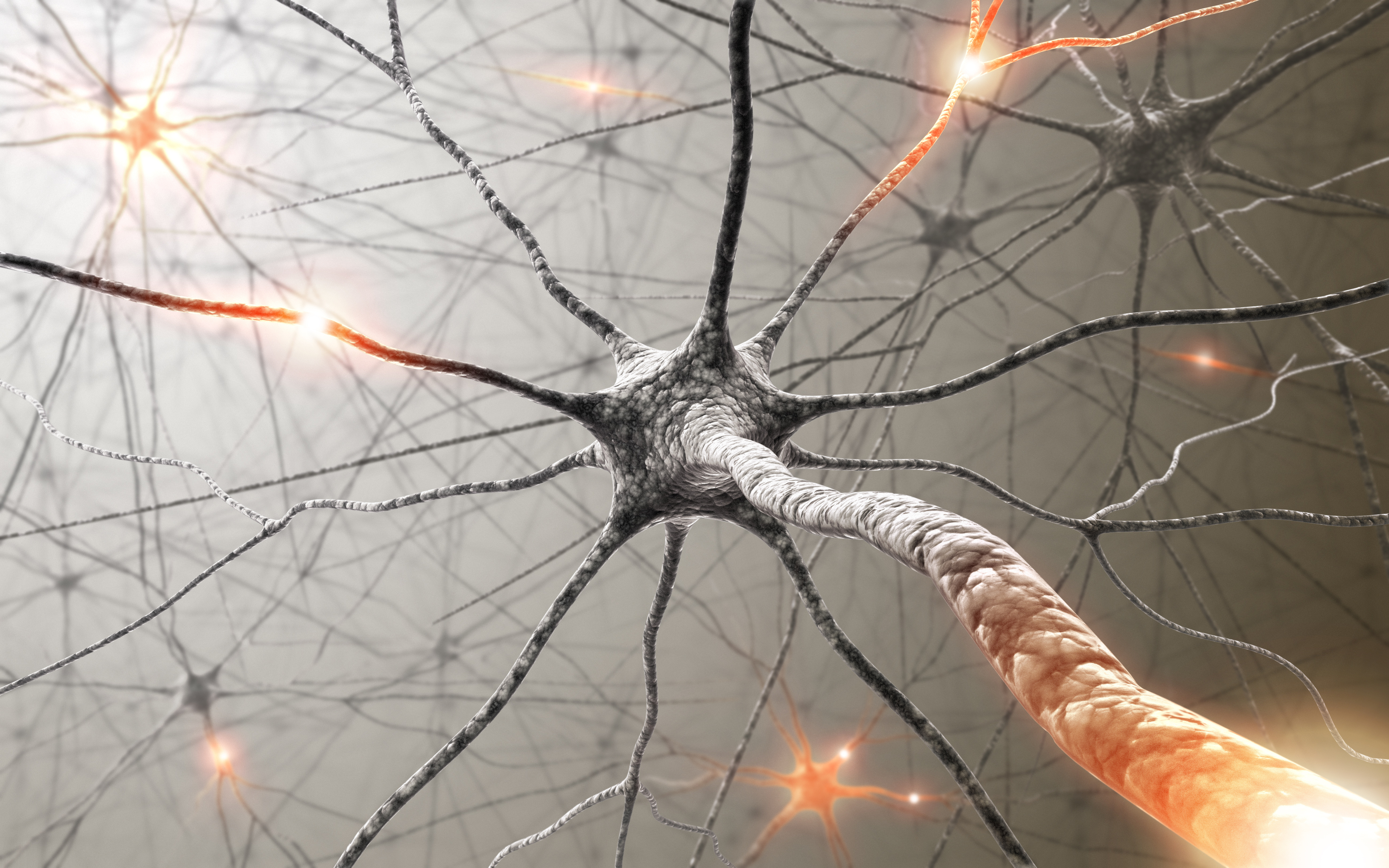Newly Diagnosed
The key to successfully adapting to a diagnosis of MS is knowledge: learning about MS, the things you can do to live well and minimise the impact of MS.
The model of care we promote is supporting you to self-manage. Over time you will build resources, networks and skills to work MS into your life but don't worry if that doesn't happen overnight. The MS Clinic endorses robust, evidenced-based websites and other resources. Links to endorsed pages can be found on the Useful Links and FAQ page. This list is not exhaustive but a good start to your studies. Start with
- 'Understanding Multiple Sclerosis' is a free online course that aims to improve understanding and awareness of MS.
- MS Plus, formerly MS Limited and MS Society, offers a wide range of emotional and practical support, from allied health, employment services and NDIS services to expert advice, well-being programs and peer support.
- Our own Professor Lechner-Scott has contributed to a podcast for people newly diagnosed with MS.
What is Multiple Sclerosis
Multiple Sclerosis (MS) is a disease of the central nervous system (your brain and spine), and while it can affect anyone, is more common in women than men. In Australia there are around 25,000 people living with MS. In MS, the immune system targets myelin, a protein that coats and protects the millions of neurons in your central nervous system (CNS). This interrupts the messages that flow from neurone to neurone. When this happens people can experience clinical symptoms, like visual changes. Symptoms vary from person to person; no two people with MS are alike. For more information see our Useful Links page.

MS Therapy
Taking one of the many drug therapies available will likely reduce the risk of future MS attacks, along with adopting some healthy lifestyle choices (like eating well and getting regular exercise). Choosing the right therapy can be difficult. Seek advice from your support team, starting with your MS specialist doctor and nurse. Use the questions below to consider the important factors about taking these medications.
What I want from my treatment?
Has the MS team recommended a treatment over others and why have they chosen this one?
Are there factors personal to me why this drug would be a better or worse treatment compared to others?
Is there written or online information I can read?
What will the medication I choose cost?
How is my preferred medication given or administered?
What monitoring has to be done with my chosen medication?
Can I still travel/work/drink alcohol/have babies/insert other factor on my chosen medication?
How do you know a treatment is working?
What a great question! Over the course of treatment and usually by the first or second review your MS team will have a good idea if the treatment is the right one for you. The aims for your drug treatment are to reduce the number of clinical attacks you experience, reduce the number of new lesions on MRI and slow or minimise the amount of disability you have. The way we measure these goals are with yearly MRI scans, twice yearly clinical examinations and of course, your feedback.
Managing Relapses
They say they only death and taxes are guaranteed in life. In MS, relapses can happen, even despite taking an MS drug, eating well, sleeping well, managing your stress and getting plenty of exercise. Wondering about the next relapse is normal but not always helpful. Any new relapse will become apparent in due course and we will be here to help. The usual features of a relapse are…
- You have new or significant worsening of neurological symptoms;
- These symptoms have lasted at least 24-48 hours; and
- Other reason/s for the symptoms are excluded, e.g. infection.
If you suspect relapse give us a call to triage these new or worrying symptoms. From there we can work out what to do about them. Not sure it is a relapse? Call anyway, better to call more often than not often enough. The phone number for triaging new symptoms is manned Monday to Fridays 9am to 3pm. This number is 49236253.
Commonly Used Terms in MS
- Relapse
- a relapse is a clinical episode of symptoms that reflect new MS lesion activity. A relapse usually comes on over several hours or days, often subtly at first, sometimes described like a wave of symptoms. A relapse can be bothersome or cause symptoms that make it difficult to go about your activities of daily living. More info here.
- Pseudo-Relapse
- a pseudo-relapse, is when someone experiences a return of symptoms they had previously. A pseudo-relapse is temporary and is usually triggered by changes in temperature, particularly increase in temperature, e.g. when you have an infection with fever or exercising strenuously. More info here.
- Lifestyle Factors
- Lifestyle factors, when used in the context of MS, are those things in your life that may contribute to or help manage your MS. For example a lifestyle factor that contributes to making MS worse is smoking tobacco. Lifestyle factors that help manage you MS include diet, stress management and exercise. More info here.
- MRI
- an MRI, or magnetic resonance image, is a diagnostic test used to help diagnose and monitor MS. We usually recommend repeat MRIs are done annually, once someone has been diagnosed. Sometimes we might need one done sooner, e.g. if you are experiencing new neurological symptoms. More info here.
